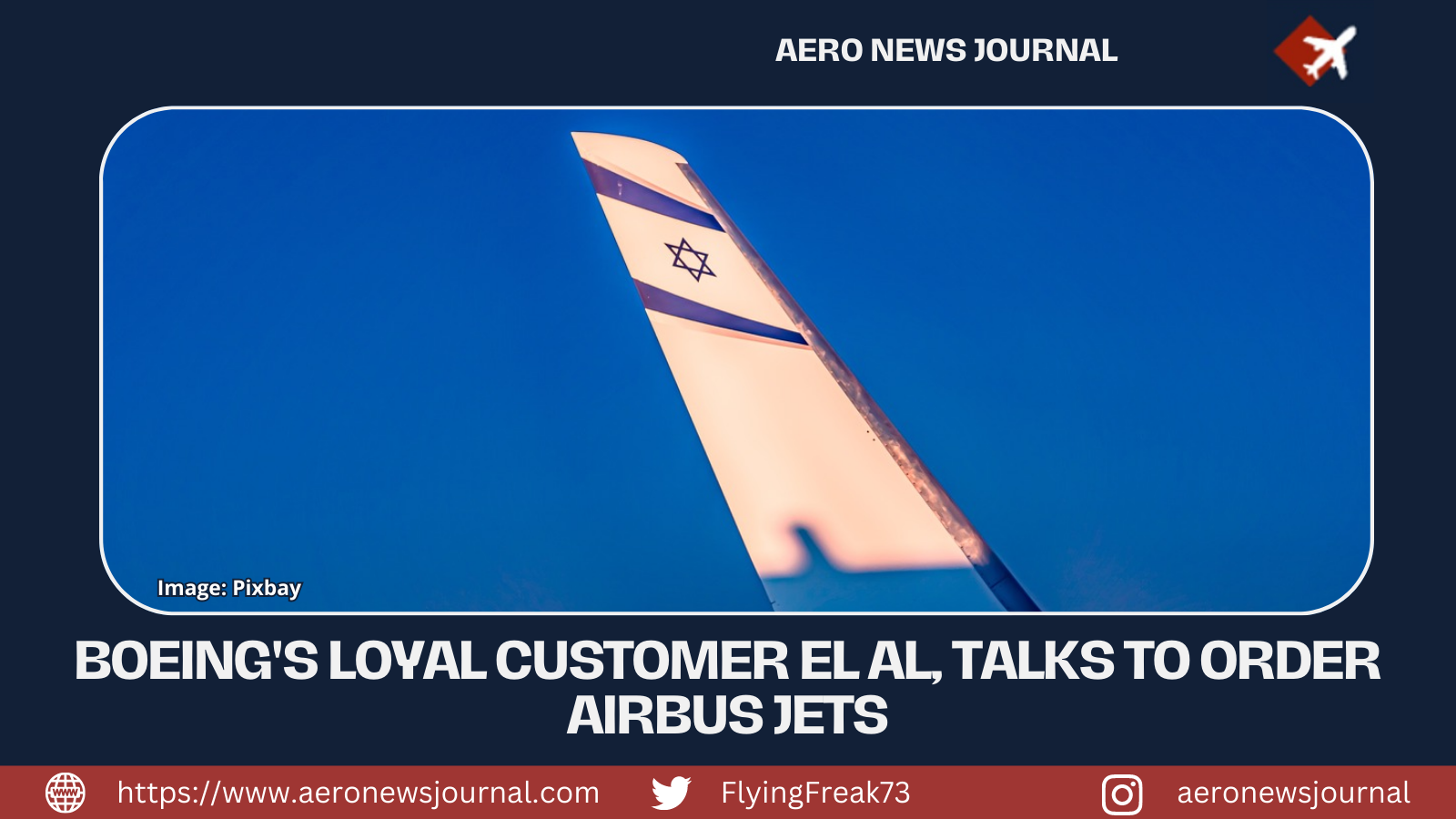

El Al Israel Airlines is currently engaged in serious discussions with Airbus regarding the potential purchase of up to 30 A321neo jets. This would represent a significant departure from El Al's longstanding policy of exclusively using Boeing planes for its fleet. The airline is also in talks with Boeing regarding the purchase of 737 MAX aircraft. These discussions are ongoing, and a decision is expected to be made in early 2024. The list price for such a purchase would be approximately $4 billion, but El Al would likely receive significant discounts.
.gif)
El Al has exclusively used Boeing planes since its founding in 1948, owing to the close ties between Israel and the United States. However, the A321neo has been gaining market share in the single-aisle plane market, thanks to its greater seating capacity and longer range. As part of a new five-year strategic plan, El Al is seeking to expand its fleet from 46 planes to 59 by 2028. The airline plans to replace its current fleet of 24 Boeing 737-800 and 737-900 planes, which have an average age of 19 years, with newer planes better suited for short-haul flights. El Al may also purchase an additional six planes.
El Al has been upgrading its fleet for longer-haul flights in recent years. It currently operates 16 Boeing 787 Dreamliner planes, with plans to expand to 22 as it expands its route network. The airline is also retrofitting four Boeing 777 planes for longer flights. This year, El Al launched flights to Istanbul, Dublin, and Tokyo, and plans to add Mumbai and Fort Lauderdale in 2023.
El Al is aiming to generate $3.5 billion in annual revenue and serve 7.7 million passengers by 2028. The airline hopes to capture 24% of the market share at Ben Gurion International Airport. In 2023, El Al expects to generate $2.4 billion in revenue, up from $2.0 billion in 2021. In the second quarter of 2022, El Al earned a net profit of $59 million, down from $100 million the previous year. Excluding a one-time gain from the sale of its frequent flier club, El Al recorded a net loss of $15 million in Q2 2022. The airline's bottom line was helped by a 29% decline in fuel costs, although salary expenses rose 37.5% in the quarter. El Al's load factor reached 87%, up from 82% the previous year, while the airline maintained a 23% market share at Ben Gurion International Airport.
